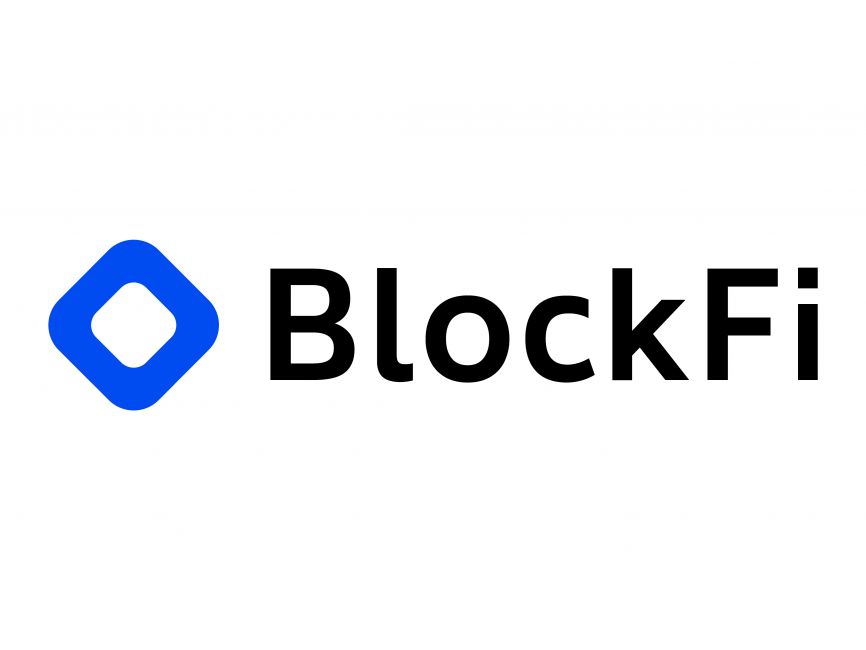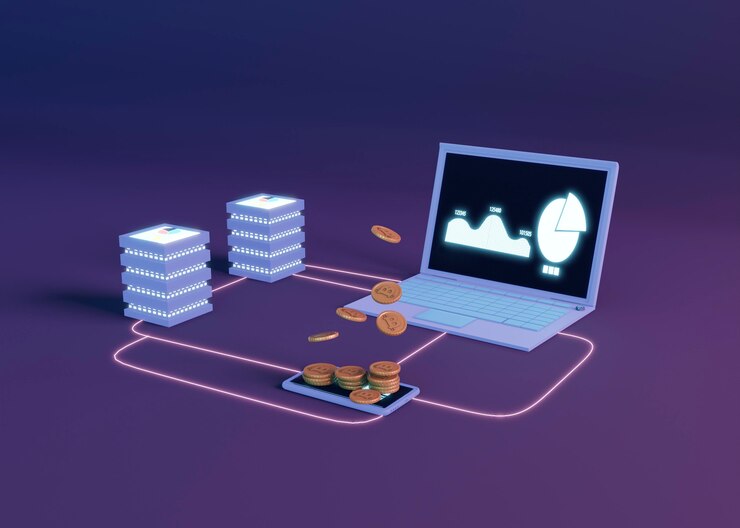

Table of Contents
Introduction to Altcoin and Bitcoin
In the world of cryptocurrency investment, two names often dominate the conversation: Altcoin and Bitcoin. While both offer potential for profit, understanding their differences is crucial for making informed investment decisions. In this comprehensive comparison, we’ll delve into the key aspects of Altcoin and Bitcoin to help you determine which might be the right fit for your investment portfolio.
Both of them are forms of cryptocurrency, but they have distinct characteristics that set them apart. Bitcoin, the pioneer cryptocurrency, was introduced by an anonymous person or group of people under the pseudonym Satoshi Nakamoto in 2009. It operates on a decentralized network called blockchain, where transactions are recorded on a public ledger.
Altcoins, on the other hand, refer to any cryptocurrency other than Bitcoin. They include a wide range of digital currencies, each with its unique features and purposes. Some popular Altcoins include Ethereum, Ripple, Litecoin, and Cardano, among others.
1: Technology and Functionality of Altcoin and Bitcoin
The technology underlying Altcoin and Bitcoin plays a significant role in their functionality and utility. Bitcoin primarily serves as a digital currency, aiming to facilitate peer-to-peer transactions without the need for intermediaries like banks. Its blockchain technology ensures transparency, security, and decentralization.
Altcoins, however, often offer more than just a means of exchange. For example, Ethereum introduced smart contracts, which are self-executing contracts with the terms of the agreement directly written into code. This innovation opened up possibilities for decentralized applications (DApps) and decentralized finance (DeFi), expanding the use cases of blockchain technology beyond simple transactions.
2: Market Capitalization and Volatility
Market capitalization refers to the total value of a cryptocurrency, calculated by multiplying its current price by the total number of coins in circulation. Bitcoin typically boasts the highest market capitalization among cryptocurrencies due to its status as the first and most well-known digital currency.
However, Altcoins can also have significant market capitalization, especially those with unique features or strong community support. For instance, Ethereum, often considered the second most valuable cryptocurrency, has a large market capitalization driven by its widespread adoption and utility in the DeFi space.
Volatility is another factor to consider when comparing Altcoin and Bitcoin. While both can experience price fluctuations, Altcoins tend to be more volatile than Bitcoin due to factors such as smaller market capitalization and lower liquidity. This volatility can present both opportunities and risks for investors.


3: Adoption and Use Cases
Adoption refers to the acceptance and integration of a cryptocurrency into various sectors of the economy. Bitcoin has achieved significant adoption as a digital currency, with an increasing number of merchants and businesses accepting it as a form of payment. Additionally, institutional investors and financial institutions have started to recognize it as a legitimate asset class, further driving its adoption.
Altcoins often target specific use cases or industries, aiming to solve particular problems or improve existing systems. For example, Ripple (XRP) focuses on facilitating cross-border payments for financial institutions, aiming to make transactions faster and more cost-effective. Similarly, Litecoin emphasizes faster transaction times and lower fees compared to Bitcoin, making it more suitable for day-to-day transactions.
4: Regulatory Environment and Security
The regulatory environment surrounding cryptocurrency can significantly impact its adoption and value. Bitcoin, being the first cryptocurrency, has faced scrutiny and regulatory challenges since its inception. However, it has gradually gained acceptance in many jurisdictions, with some countries even adopting it as legal tender.
Altcoins may face different regulatory challenges depending on their use cases and features. For instance, privacy-focused coins like Monero and Zcash have drawn regulatory attention due to concerns about their potential use in illegal activities. Understanding the regulatory landscape is essential for investors considering both investments.
Conclusion
In conclusion, both offer unique opportunities for investment, each with its advantages and drawbacks. While Bitcoin remains the dominant force in the cryptocurrency market, Altcoins present opportunities for innovation and diversification. Ultimately, the right investment choice depends on your risk tolerance, investment goals, and understanding of the cryptocurrency market.
We hope this comprehensive comparison has provided valuable insights into the world of Altcoin and Bitcoin investment. If you have any questions or thoughts to share, please leave a comment below. Your feedback is valuable to us!



